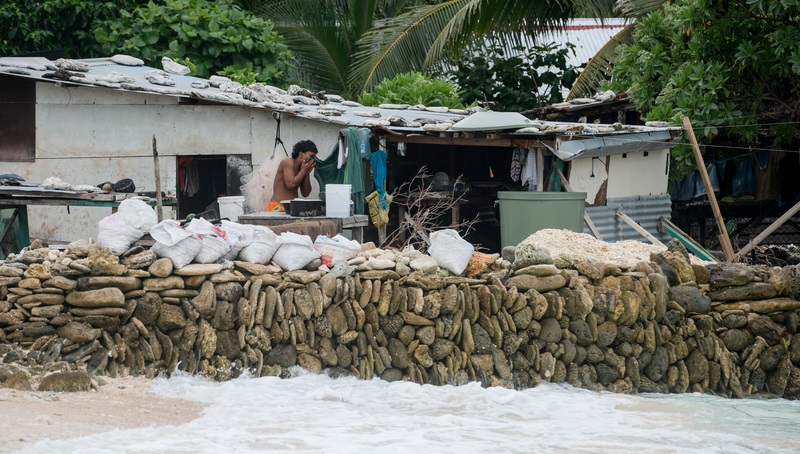The drive by some of the most climate-vulnerable countries to impose an obligatory tax on carbon offsets to finance climate change adaptation measures has been successfully resisted by the carbon credit business.
The alliance of small island developing states (Aosis) pushed for new carbon credit regulations to include an obligatory 5% tax on carbon credit sales. The funds would support initiatives like building seawalls to fend off rising sea levels through the Adaptation Fund.
The Integrity Council on the Voluntary Carbon Market (ICVCM), the group responsible for developing the rules for the sector, expert panel backed this notion.
Read Also: France’s Macron announces water saving plan amidst protests
The ICVCM board ultimately opted to make the 5% levy optional due to opposition from both purchasers and sellers, including the Spanish bank BBVA and NGO Conservation International.
According to Adao Soares Barbosa, a climate negotiator for the southeast Asian island nation of Timor-Leste, “mandatory measures would be good”, because if it is optional then “it might not be fulfilled”.
But both he and Guinea’s climate negotiator Alpha Kaloga said they were pleased that a 5% levy was there, even if it is optional. “I believe that this principle will become the rule in the near future,” said Kaloga.
Story was adapted from Climate Home News
